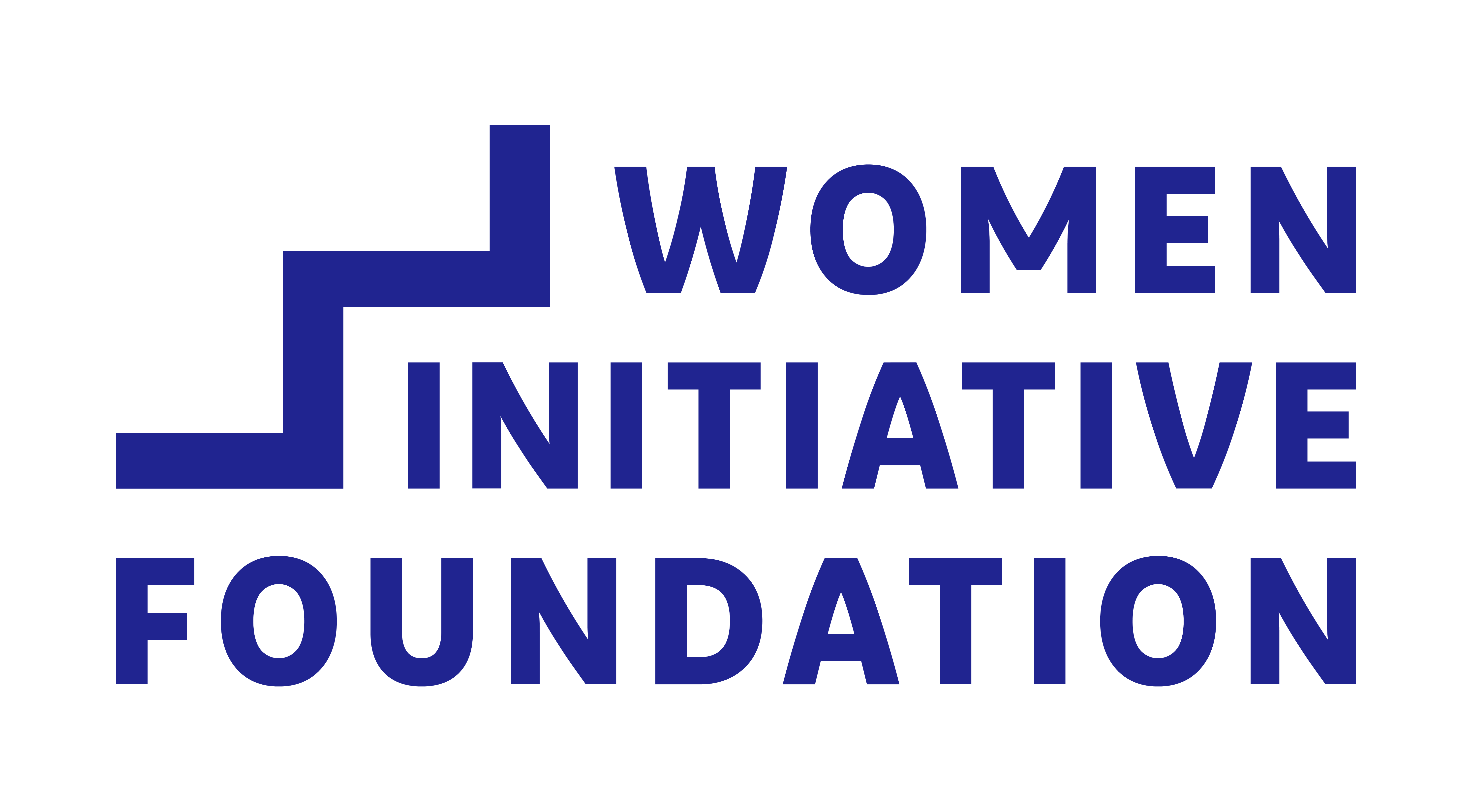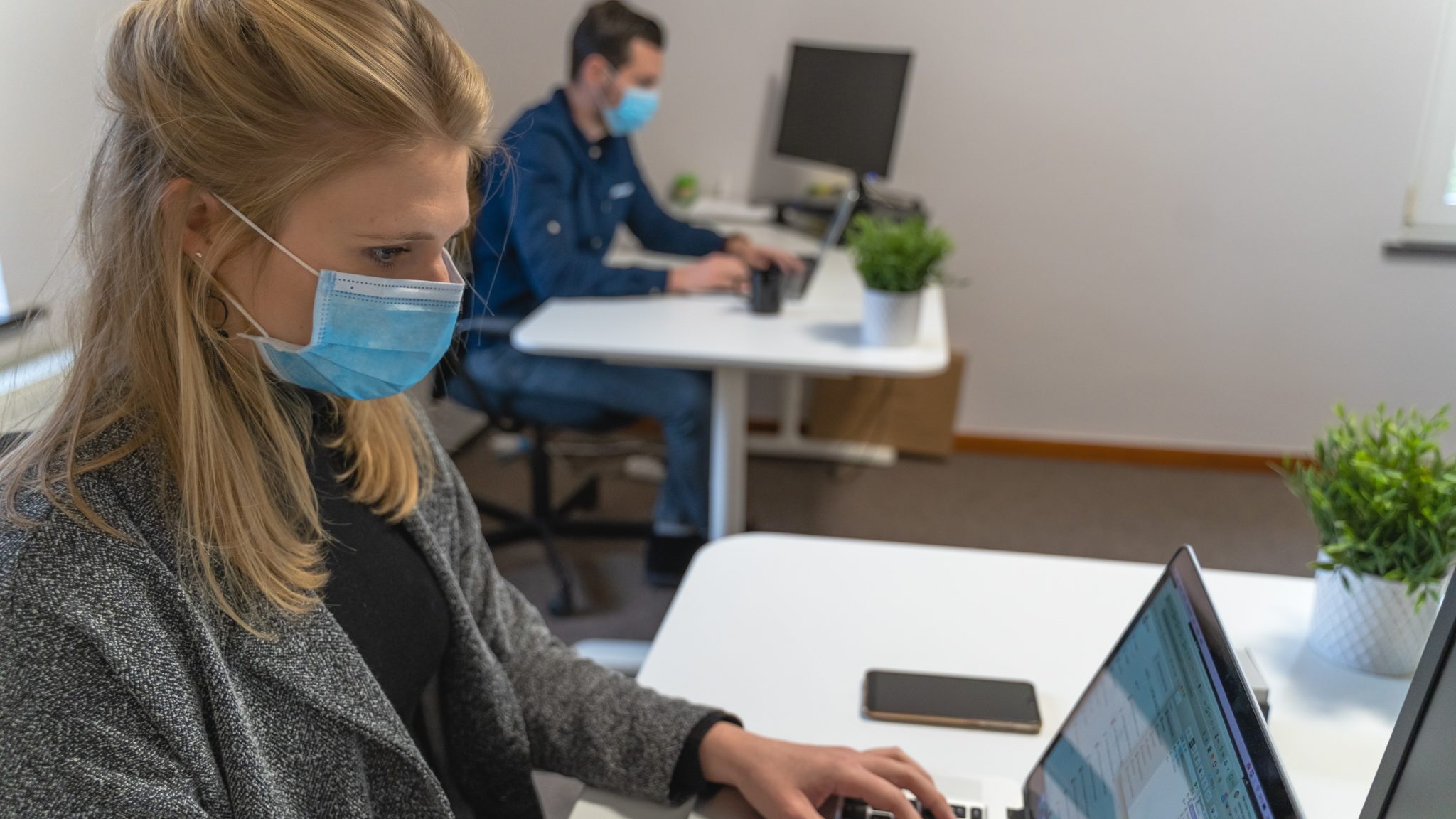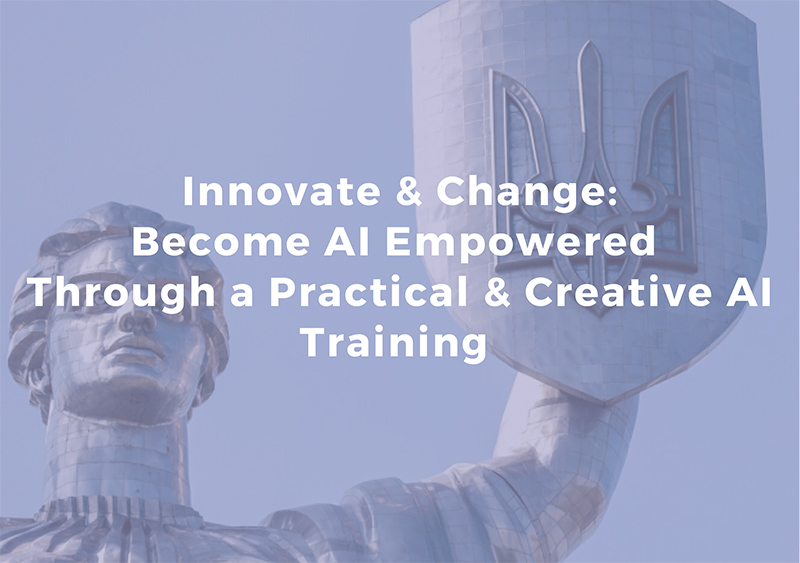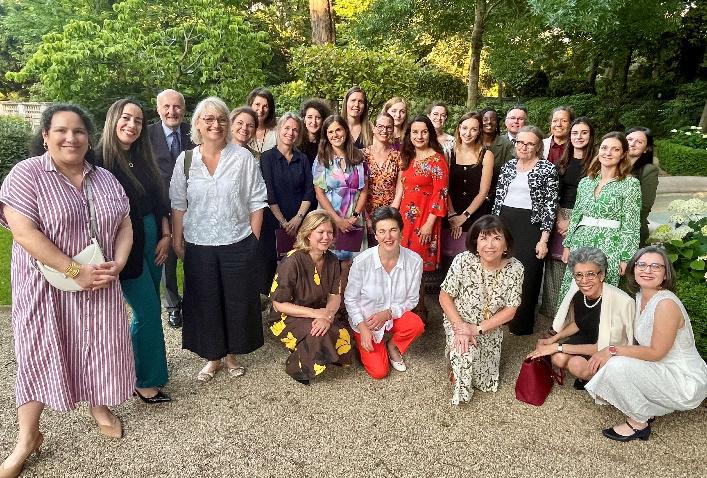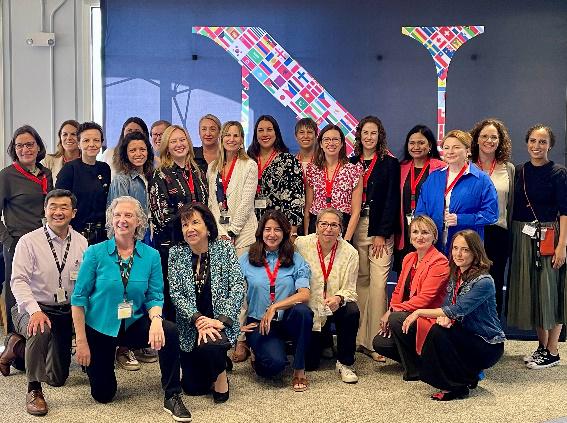Everyone has noticed it: during the pandemic, the uses of digital media have really taken off.
The same is true in the world of training, which has been forced online. However, the shift
has enabled training programs to more easily incorporate intercontinental and
intercompany dimensions. For example, a prestigious French university has developed a new
virtual training program mixing companies and two continents, Europe and US continent.
These new programs mixing universities, companies and continents have turned out to be
extremely effective. They enable companies to support their staff – key for both attracting
talent and staying competitive – by helping them to better understand and embrace the
challenges of the new world.
The ramp up and upgrading of these virtual training programs, more open to other
companies, organizations, and institutions, as well as other cultures and continents,
perfectly respond to two challenges that appeared even before the pandemic:
- The increasing complexification of the world, unforeseeable and subject to
exponential technological change, is forcing companies to rapidly and continuously
transform themselves. - The key role of people with their expectations, that have become vital to the
innovation required for companies to grow, develop and find new growth drivers.
The need to listen
Today, employees feel the need more and more to see the sense of their work, and if they
are engaged for their company, they want to be listened to and have their contribution
recognized and rewarded. Company transformation happens when you listen to and invest
in people and see training in a new light.
It’s no more about acquiring existing knowledge or about reusing models that have become
obsolete, it’s about thinking up new knowledge and making it widely available. Such an
approach only works when you also strive to demonstrate the attitudes you need to adopt
to get over new hurdles.
This is done by showing that you need to adapt your behavior and accept permanent
change. It’s also done by becoming aware that the mindset and methods of the old world no
longer work. Finally, the acceleration of events, of information flows, and of scientific and
technical progress requires so much more agility than was needed for the industrial
revolutions.
Reaching excellence
More than ever, today’s leaders need to be agile, courageous, intelligent and empathic. To
support this movement, new online programs should reach high and tap the world’s experts
including those in the most renowned universities. The programs should aim to better
understand the characteristics and challenges of the world tomorrow. They should all have
an international dimension, offering a 360° vision of companies and organizations.
Interactivity and team spirit are just as necessary as identifying and resolving complex
problems.
Listening to teachers from different continents discussing the arrival of the new world is
extremely enriching for company leaders, who also learn from listening to each other. It has
been easier to design virtual programs that are intercontinental and intercompany,
providing they have high standards.
Leaders on each continent
By mixing interactivity with case studies, lectures and input from experts, this model can be
developed with one of the leading universities from each continent or each large country.
These programs are true enablers, accessible and lasting, and they will surely become
central in leadership training across all sectors. They can also be designed for all levels of
company managers. Moreover, they allow participants to virtually meet the most inspiring
leaders whose journeys and achievements, across the most varied of human activities,
arouse both our admiration and our desire to imitate them.
It’s not a question of replacing traditional training in France or abroad, but of leveraging new
technologies to reach a broader population. Virtual programs can help all talents to better
understand the world, and to be inspired by it, to better anticipate ever faster
developments.
